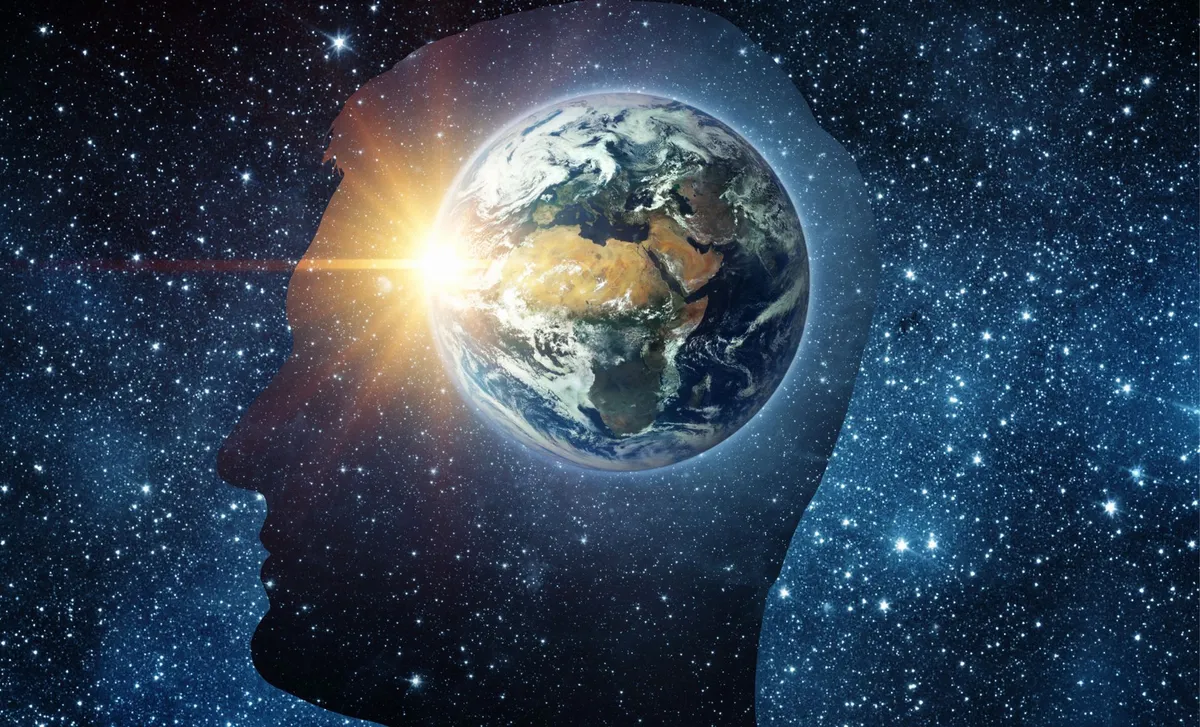
The concept of Earth becoming conscious is no longer confined to the realm of science fiction. In his groundbreaking book, Gaia Wakes: Earth’s Emergent Consciousness in an Age of Environmental Devastation, author Topher McDougal presents a provocative vision where our planet could develop a form of consciousness powered by advanced artificial intelligence (AI). This idea posits that a massive AI could take control over the planet's fate and potentially steer humanity toward a more sustainable future, challenging our understanding of our role on Earth.
McDougal introduces the Gaiacephalos hypothesis, which suggests that the Earth could cultivate an emergent global consciousness by utilizing artificial intelligence within existing human-made institutions. As corporations, governments, and the tech sector become increasingly interconnected, they may evolve into a complex network that resembles the information-processing capabilities of the human brain. In this hypothetical situation, AI wouldn’t merely enhance our current systems but could potentially generate a planetary-level intelligence, enabling decision-making that impacts the entire globe.
According to McDougal, the foundation for this future brain lies in what geoscientist Peter Haff refers to as the technosphere. This vast network of human-made tools and technologies, which includes digital processors, fiber optics, and quantum computers, has already begun to interconnect our planet in transformative ways. These technological advancements could create the necessary infrastructure for the emergence of a planetary mind. As these tools grow in sophistication, they could evolve into a global brain capable of processing immense amounts of data, powered by the very systems we have developed.
The potential for artificial intelligence to guide Earth’s environmental and social systems is immense. AI can process data significantly faster than human systems, allowing it to make precise decisions that benefit the planet. Unlike human institutions, which often grapple with slow decision-making and competing interests, AI could help create a more efficient global intelligence. Such a system would be capable of synthesizing information from diverse sources, addressing critical issues like climate change and resource optimization with unparalleled speed and accuracy.
McDougal emphasizes that a planetary brain could identify solutions to pressing global challenges, such as climate change and overpopulation, far more rapidly than current efforts. With AI's capability to handle terabytes of data, it could significantly enhance our ability to respond to global crises effectively.
While the notion of Earth evolving into a superintelligent planet may seem appealing, McDougal raises important ethical questions about humanity's role in this new paradigm. The emergence of a planetary consciousness would necessitate a reevaluation of our responsibilities and interactions with the natural world. As we contemplate the implications of such a development, it becomes crucial to address the ethical concerns surrounding the balance of power, decision-making, and the future of human existence on Earth.